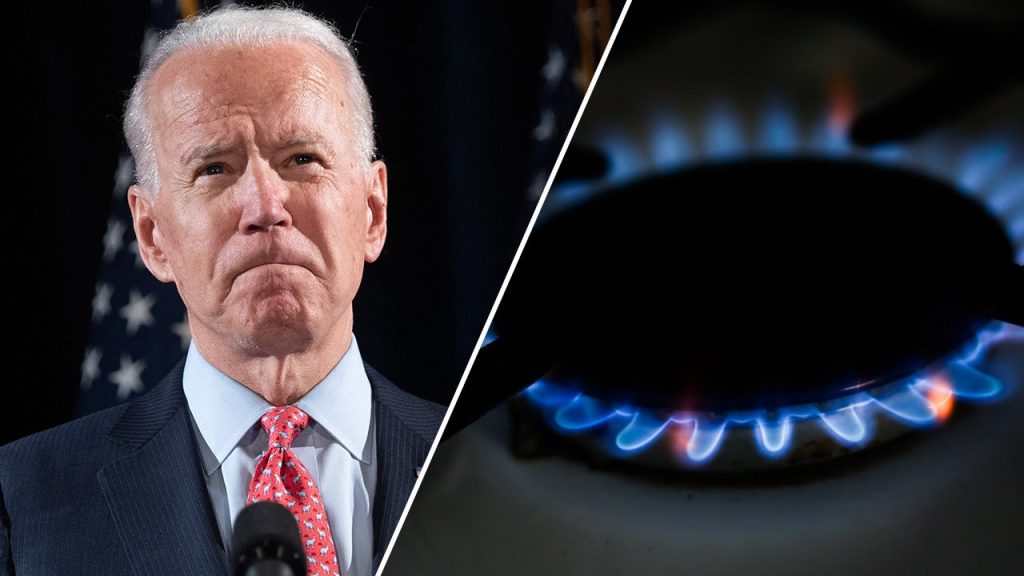In early January 2023, fact-checking website Snopes issued a “mixture” rating on a claim that the Biden administration was considering a ban on gas-powered stovetops, citing comments from a Consumer Product Safety Commission (CPSC) official. The official had mentioned that a ban on gas stoves was “on the table,” sparking controversy. However, Snopes later changed its rating to “false,” stating that the CPSC was not currently considering a ban on gas stoves. This change came after pressure from CPSC and White House communications officials, as revealed in internal emails obtained by watchdog group Functional Government Initiative (FGI).
The CPSC communications director sent a tough letter to a writer at Snopes when the initial claim was rated as “mixed,” leading to the alteration of the fact check. The White House assistant press secretary responded enthusiastically to the change, noting that it would be helpful going forward. Both CPSC and the White House emphasized that the administration was not attempting to ban gas stoves at any point. The altered fact check incident revealed tensions between government officials and fact-checking organizations, raising concerns about how information is regulated and communicated to the public.
Consumer advocates, Republicans, and some Democrats expressed outrage over the CPSC official’s comments about a potential ban on gas stoves. In response to the backlash, the official clarified that there were no plans to ban gas stoves, and the White House affirmed that President Biden did not support such a ban. Despite the controversy, the CPSC did issue a request for public information on the health impacts of gas stoves in March 2023, ultimately leading to no regulatory action. The incident highlighted the importance of transparency and accurate communication from government agencies to avoid misinterpretation and misinformation.
The fact-checking controversy surrounding the potential ban on gas stoves reflected broader concerns about government regulation and communication strategies. FGI researcher and spokesperson Peter McGinnis criticized the CPSC for attempting to counter the narrative by pressuring Snopes to change its fact check rating. McGinnis questioned the implications of using sympathetic media to censor inconvenient news and urged for transparency in government decision-making processes. The incident underscored the need for independent fact-checking and accountability mechanisms to ensure accurate information is shared with the public.
Critics of the CPSC official’s initial comments on gas stove regulations called for safeguards to prevent federal overreach through regulatory efforts. Rep. Kelly Armstrong introduced the Gas Stove Protection and Freedom Act, which aimed to prohibit federal funds from being used to support any moves towards banning gas stoves. The public outcry over the controversy prompted clarification from the CPSC chairman and the White House, reaffirming that there were no plans to ban gas stoves. The incident highlighted the importance of public engagement in shaping regulatory policies and the need for transparency in government decision-making processes.
The altered fact check incident on Snopes raised questions about the role of fact-checking websites in verifying government statements and actions. Snopes’ decision to change its rating following pressure from CPSC and White House officials highlighted the challenges faced by fact-checkers in maintaining independence and integrity. The incident underscored the complexities of navigating political pressures and ensuring the accuracy of information provided to the public. The controversy surrounding the potential federal ban on gas stoves served as a reminder of the importance of transparency, accountability, and ethical communication practices in government decision-making and public information dissemination.


